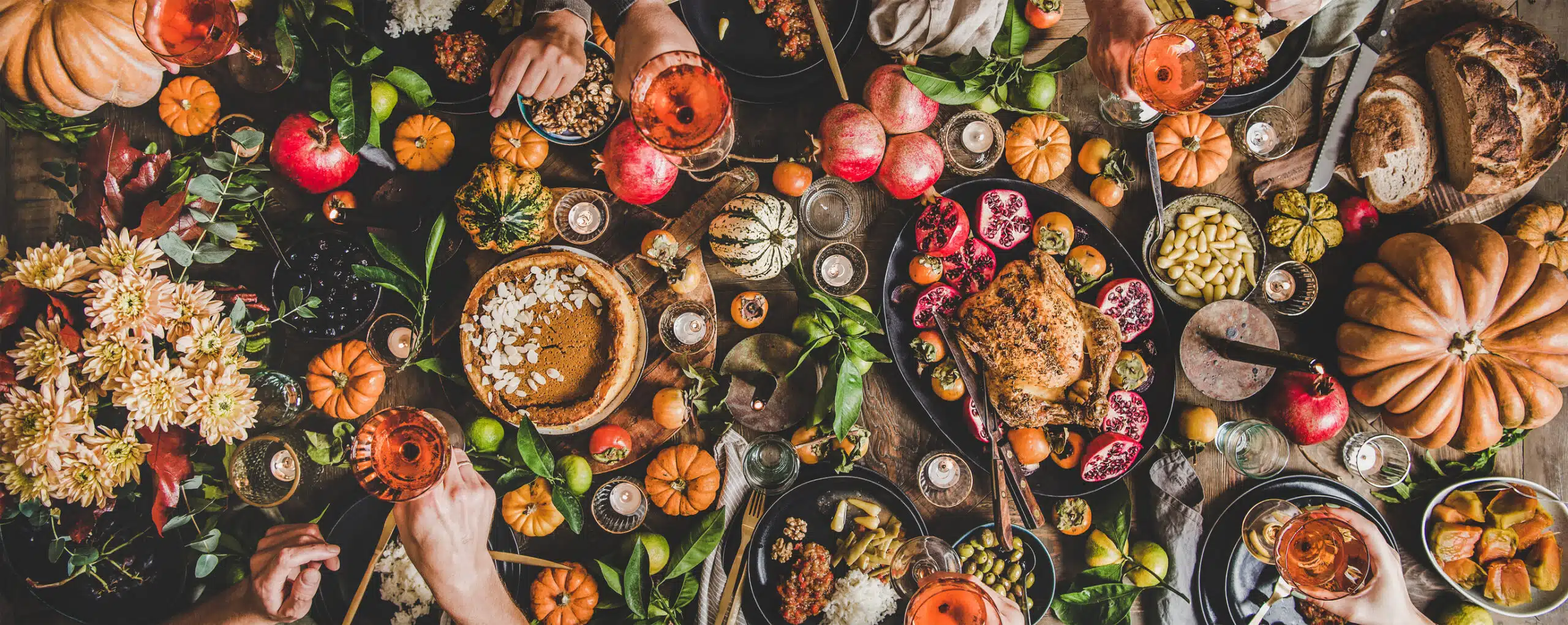Most endeavors worth taking on are better with a bit of preparation and thought. Dry January is no exception. Making time to prepare yourself will benefit you for the days to come. Take a moment to plan so that you can protect your sobriety—whether long standing or new—and give yourself the gift of a successful month.
I’ve identified six key ingredients for success in taking on a challenge like this one. I approach these with a mindset that I will protect myself from temptation in busy times, and will focus on what I need to make major life shifts in the smoothest, or at least, least painful way possible.
The following tips are equally helpful in carrying you through Dry January as they are when planning to avoid alcohol during the holiday season (i.e. deciding how you will deal with nosy relatives) and into the new year—any time you might face challenges related to abstaining from alcohol.
Step 1: Set an intention
Particularly if you’re new to sobriety, setting clear intentions for yourself is crucial. Instead of letting things just happen, you need to take care of yourself in a different way than you have before. Set an intention for how you want to show up to events, celebrations and gatherings. How do you want to feel while you’re there and afterwards? How do you want to frame your sobriety in conversations (if at all). You’re learning to manage your new sober lifestyle as you go through daily life, including gatherings and places where people are drinking alcohol.
Your intention could simply be “I will drink only seltzer,” or it could be “I intend to enjoy new clarity,” or “I will stay peaceful when my extended family makes comments.” You might also set your intention with an affirmation (see list on pages 40 to 41). The key is to create an internal dialogue and a plan before you’re in a social situation or before an evening when you might usually want a drink. The intention helps to dictate the external behavior and gives you a touchstone to turn to.
The external behavior might look minor on the outside. Perhaps it’s as simple as not taking the glass of champagne when offered or refusing wine at dinner. Maybe you step away from hosting, organizing, or even attending parties for a while. Thinking through what challenges you will face ahead of time, and how you will deal with them, will help you when you’re in the moment.
Step 2: Make time
Setting your intentions and planning for success require creating some time within your busy daily life. You’re making transformative changes and this takes time. Look at your calendar two or three weeks ahead—before Dry January, the holidays, or whenever you plan to start. Ask yourself what you can eliminate right now. Where can you add support? What can you do to allow yourself mental space to take on the task ahead? How can you say no to people who need things from you? (Can you outsource or delegate to your spouse, or, dare I say, your kids?) Recognize that your mental and emotional state need to be prioritized. You’re learning a new skill set. Prepare for this.
Step 3. Prepare
When changing a habit—especially one that involves removing something significant from your life—it’s helpful to add something positive, particularly a form of self-care. Make a plan for something you can do for yourself that feels good (not overly challenging) and will bring you joy (walks, painting, hobbies). Enjoy your newfound energy and clarity while taking on new activities.
If you are someone who feels they can add nonalcoholic beverages to their routine, preparation can mean stocking up on a few things that taste good to you and exploring new flavors during the month. (You might start by trying some of our survey winners on pages 25 to 30.) If mocktails are not for you, choose some seltzers you’ve never tried before or a new fancy coffee or tea. The key is to find things that you enjoy to help you to avoid feeling deprived later.
Step 4: Rewind the tape (and play it forward)
Think about what’s happened in the past when you drank—the good and the bad. It’s ok to be honest with yourself. Remember an event where you drank more than you think you should have, as well as the fun times you’ve had, the memories of what led you to try sobriety. Think about how you felt.
Use this information to guide you in choosing your intentions and to remember why you’re making the choice not to drink now. Maybe you were sober curious at this time last year but decided to give up on your attempts not to drink. Maybe you drank in the past because you thought it was a reward for all your hard work. What happened and why? What will it look like if you continue to do what you are doing? What could it look like if you did things differently? Be honest with yourself about where you are, and why, so you can go forward with that knowledge.




